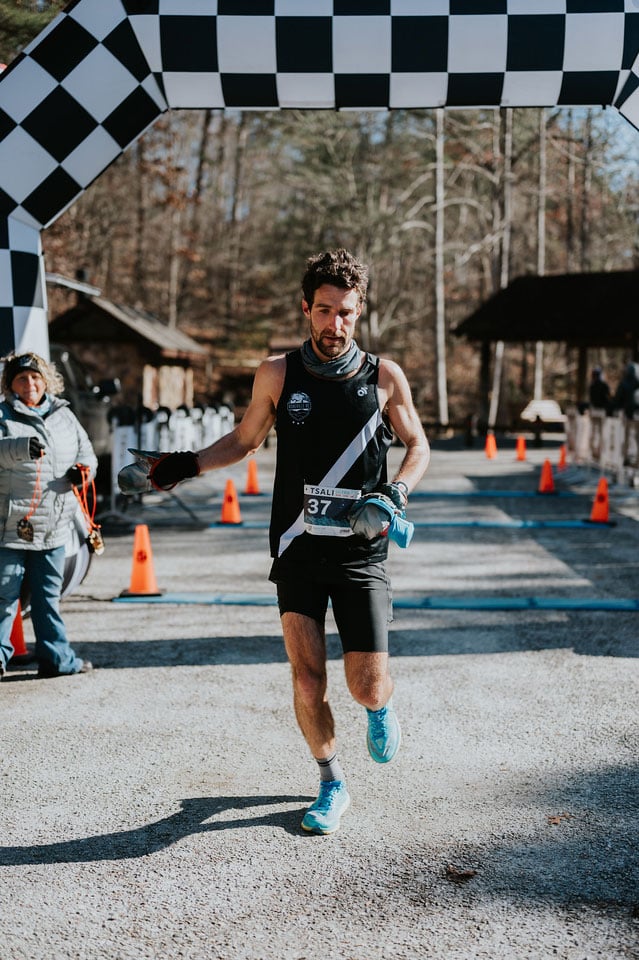by JEDD FERRIS
Jeff Barrie is changing the world by turning off one light switch at a time. Barrie is the director of the award-winning documentary Kilowatt Ours, which looks at the United States’ over-consumption of energy and provides simple solutions that anyone can make to reduce usage. In the film, Barrie investigates the sources of American electricity and reveals some scary statistics. The average American home uses five tons of coal per year, and that coal is being extracted with 2,500 tons of explosives per day through mountaintop removal in Appalachia. Barrie also tackles the problem at an individual level by turning the camera on himself, exposing his own wasteful practices, and correcting them at his home in Nashville, Tenn. It’s a tactful call to action that has resonated with audiences.
Barrie has distributed 20,000 DVDs, impressive for an independent movie that was made on a shoestring budget, but that’s not good enough for him. He’s pushing for the film to become an established public service resource.
—————
BRO: Why did energy become an important issue for you?
JB: It goes back to when I was a kid in the 1970s. I was a boy during the energy crisis of the time. I grew up in an era of conservation, and that stuck with me. This film evolved out of that interest. We lost that conservation ethic in the U.S. I don’t think we need another crisis to make conservation a way of life. We just need to make it a priority. That’s what my message is about.
BRO: Although you do expose much of the devastation in Appalachia, you seem to call for simple steps instead of the tactic of just scaring people into action. Was this strategy intentional?
JB: It was intentional and by accident. I have 10 years experience working in grassroots activism, and I know what it’s like to get frustrated when you’re trying to convince a senator to do the right thing. If that senator doesn’t vote the right way, then years of my efforts seem wasted. Instead of pointing the finger at others, I can go a lot further by changing my own habits. When I show people the small changes I’ve made in my daily life, they get it. The government needs to act for sure, but people need to take things into their own hands as well.
BRO: What response to the film has made you the most optimistic?
JB: Getting emails from people from all over the country that not only said they liked the movie, but that they were going out and taking the steps in their own life to conserve. I not only get them from extreme environmentalists but also from Republicans and conservatives. To see that the message can reach across these polarizing categories is the most encouraging thing I have seen.
Here in Tennessee we shared the film with the General Assembly. Just two years ago our buildings had the worst energy codes in the country, and now they are up to date. That started with showing the film to the right people in state government.
BRO: What are your plans to follow up?
JB: I formed a nonprofit around the film, and I recently built a board of directors to figure out the future of this whole movement. My mission is to make Kilowatt Ours a household name. The film moves people to take action and start taking steps to reduce energy usage in their homes and businesses. I wouldn’t feel good if I didn’t push the film’s message as far as possible and work for the change I hope to see in the world.energy crisis







